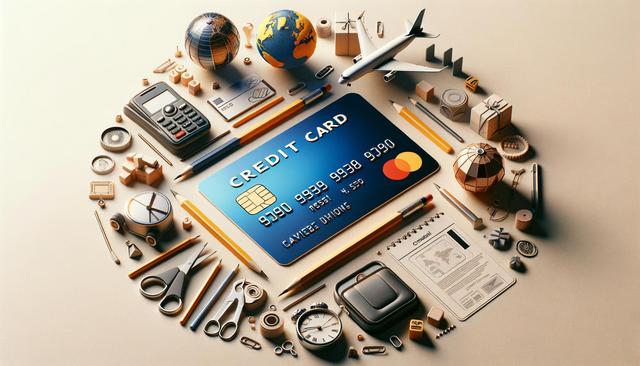How Credit Cards Function
Credit cards are essentially a form of revolving credit that allows consumers to borrow money up to a certain limit for purchases or cash advances. When you use a credit card, the issuer pays the merchant on your behalf, and you repay the issuer later, typically with interest if the balance is not paid in full by the due date. This system enables quick credit card processing, making transactions seamless and efficient for both consumers and businesses.
Issuers determine your credit limit based on factors like your credit history, income, and overall financial health. Each month, you receive a statement detailing your transactions, outstanding balance, and minimum payment due. By paying the full balance before the due date, you can avoid interest charges and maintain a healthy credit score. The ease and immediacy of modern financial networks have made instant credit card processing a standard expectation in many retail and service environments.
Types of Credit Cards Available
There are several types of credit cards tailored to different consumer needs. Understanding these options can help users select the one that fits their lifestyle and financial goals. Here are some common types:
- Standard Credit Cards – Basic cards with no frills, suitable for general use.
- Rewards Cards – Offer points or cash back on purchases.
- Secured Credit Cards – Require a deposit and are ideal for building or repairing credit.
- Business Credit Cards – Designed for small to mid-size businesses with tools for expense tracking.
- Student Credit Cards – Geared toward young adults with limited credit history.
Each card type may come with different interest rates, fees, and benefits. Using easy credit card processing platforms, consumers can quickly compare and apply for cards online, reducing the friction in selecting the right financial product.
The Role of Credit Card Processing
Credit card processing refers to the steps involved when a payment is made using a credit card. This process includes authorization, authentication, clearing, and settlement. For merchants, choosing a provider that offers quick credit card processing is crucial to maintaining customer satisfaction and operational efficiency.
There are several components in the credit card transaction cycle:
- Merchant – The business accepting the card payment.
- Payment processor – Handles the transaction between merchant and bank.
- Issuing bank – The bank that issued the customer’s credit card.
- Acquiring bank – The bank that processes credit card payments on behalf of the merchant.
The entire process often takes just a few seconds, especially when supported by systems optimized for instant credit card processing. For small businesses, finding the cheapest credit card processing provider can significantly impact profitability, especially when dealing with high transaction volumes.
Costs Associated with Credit Cards
While credit cards offer convenience, they also come with costs that users should understand. These may include interest rates, annual fees, late payment charges, foreign transaction fees, and balance transfer costs. Consumers should review the terms and conditions of their credit card agreements carefully to avoid unexpected expenses.
Merchants also incur costs when accepting credit card payments. These typically include:
- Transaction fees – A percentage of each sale paid to the processor.
- Monthly service fees – Charges for maintaining the processing service.
- Chargeback fees – Costs incurred when a customer disputes a transaction.
Finding the cheapest credit card processing solution can help businesses minimize these expenses. Many providers offer tiered pricing models, allowing merchants to select the option that aligns with their sales volume and business needs.
Security and Responsible Use
Credit card security is a critical concern in today’s digital landscape. Most modern cards come with features like EMV chip technology, fraud monitoring, and virtual card numbers to reduce the risk of fraud. Users should regularly monitor their accounts, report suspicious activity, and use secure networks when making online purchases.
Practicing responsible credit card use is equally important. Here are a few tips to maintain financial health:
- Pay your balance in full each month to avoid interest.
- Keep credit utilization below 30% of your limit.
- Set up alerts to track spending and due dates.
- Avoid applying for multiple cards in a short time span.
Easy credit card processing has made it simpler than ever to stay on top of your finances. By using digital tools and mobile apps, users can manage their cards efficiently and securely.
Conclusion: Making Smart Credit Card Choices
Credit cards can be a valuable financial tool when used wisely. Understanding how they work, the types available, and the associated costs can help users make informed decisions. For businesses, leveraging instant credit card processing and selecting the cheapest credit card processing service can improve customer experience and reduce operational costs. With quick and easy credit card processing becoming the norm, both consumers and merchants have more control and flexibility than ever before. Whether you’re new to credit or looking to optimize your current setup, staying informed is key to making the most of what credit cards have to offer.




Leave a Reply